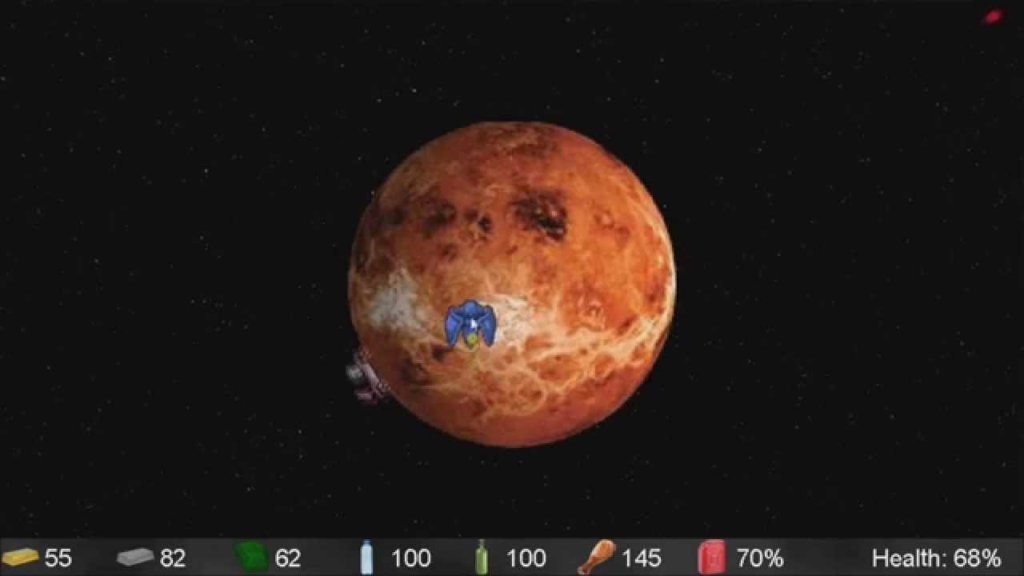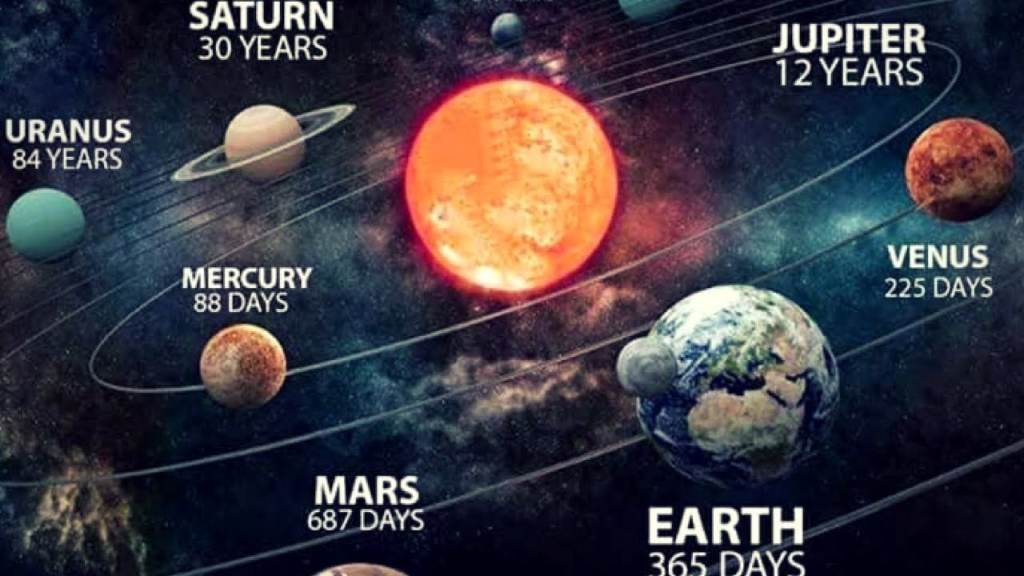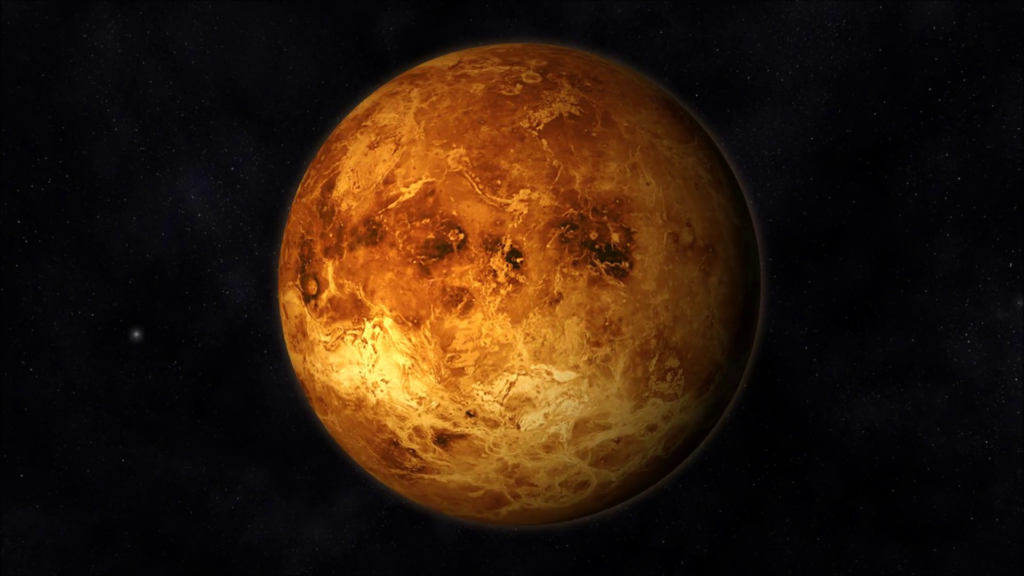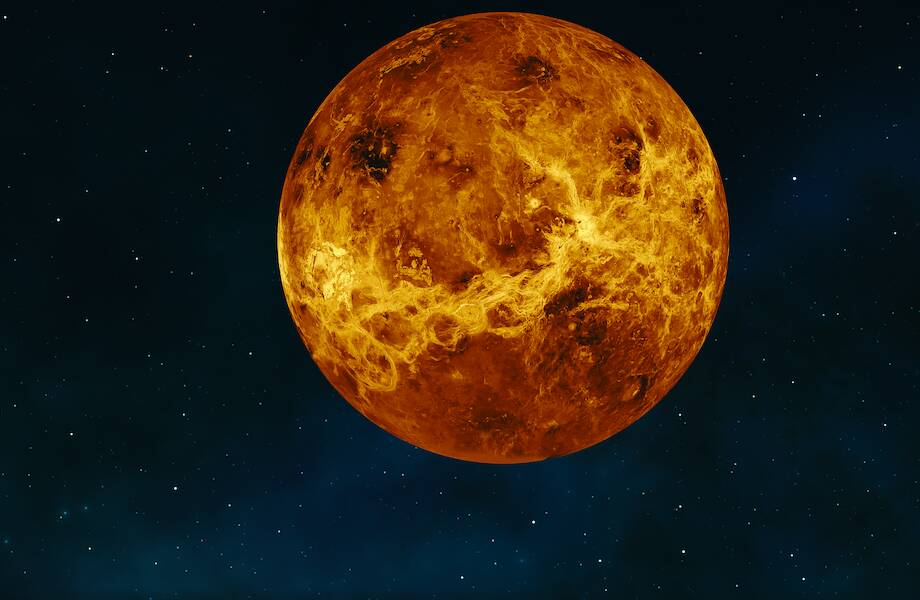
A Day on Venus is Longer Than a Year on Venus: The Mind-Bending Reality of Venusian Time
Venus, often called Earth’s “twin” because of its similar size and composition, has some truly bizarre characteristics. One of the most astonishing facts about Venus is that a single day on the planet is actually longer than a whole year. But how is that possible? Let’s break it down.

Understanding a Day and a Year on Venus
To grasp this strange phenomenon, we first need to define the terms:
- A day on Venus (a sidereal day) refers to the time it takes for the planet to complete one full rotation on its axis.
- A year on Venus (an orbital period) is the time it takes for Venus to complete one full revolution around the Sun.
On Earth, a day is 24 hours long, and a year lasts 365.25 days. But on Venus, things are quite different:
- Venus takes 243 Earth days to rotate once on its axis (its sidereal day).
- Venus orbits the Sun in just 225 Earth days, meaning its year is shorter than its day!

Why Does Venus Rotate So Slowly?
The incredibly slow rotation of Venus is one of the biggest mysteries of planetary science. Some possible reasons include:
- Tidal Effects from the Sun – Gravitational interactions between Venus and the Sun may have gradually slowed its rotation over time.
- A Catastrophic Collision – Some scientists believe Venus might have experienced a massive impact with a celestial body in the past, altering its rotation.
- Thick Atmosphere and Atmospheric Drag – Venus has an extremely thick atmosphere that may create frictional forces, affecting its rotation speed.

The Strange Rotation: Venus Spins Backwards!
Not only does Venus have an extremely slow rotation, but it also spins in the opposite direction compared to most planets in our Solar System. While Earth rotates counterclockwise, Venus spins clockwise (a motion known as retrograde rotation). This means that if you could stand on Venus, you would see the Sun rise in the west and set in the east—the opposite of what we experience on Earth.

What Would Time Feel Like on Venus?
Because Venus’s rotation is so slow, a single solar day (the time from one sunrise to the next) lasts about 117 Earth days. This means if you lived on Venus, you’d experience extremely long periods of daylight and darkness, making time perception very different from Earth.
Conclusion
Venus defies our common understanding of planetary motion. Its slow rotation, backward spin, and longer day than its year make it one of the strangest planets in the Solar System. Studying Venus helps us understand planetary formation, atmospheric evolution, and even provides insights into Earth’s own past and future.



